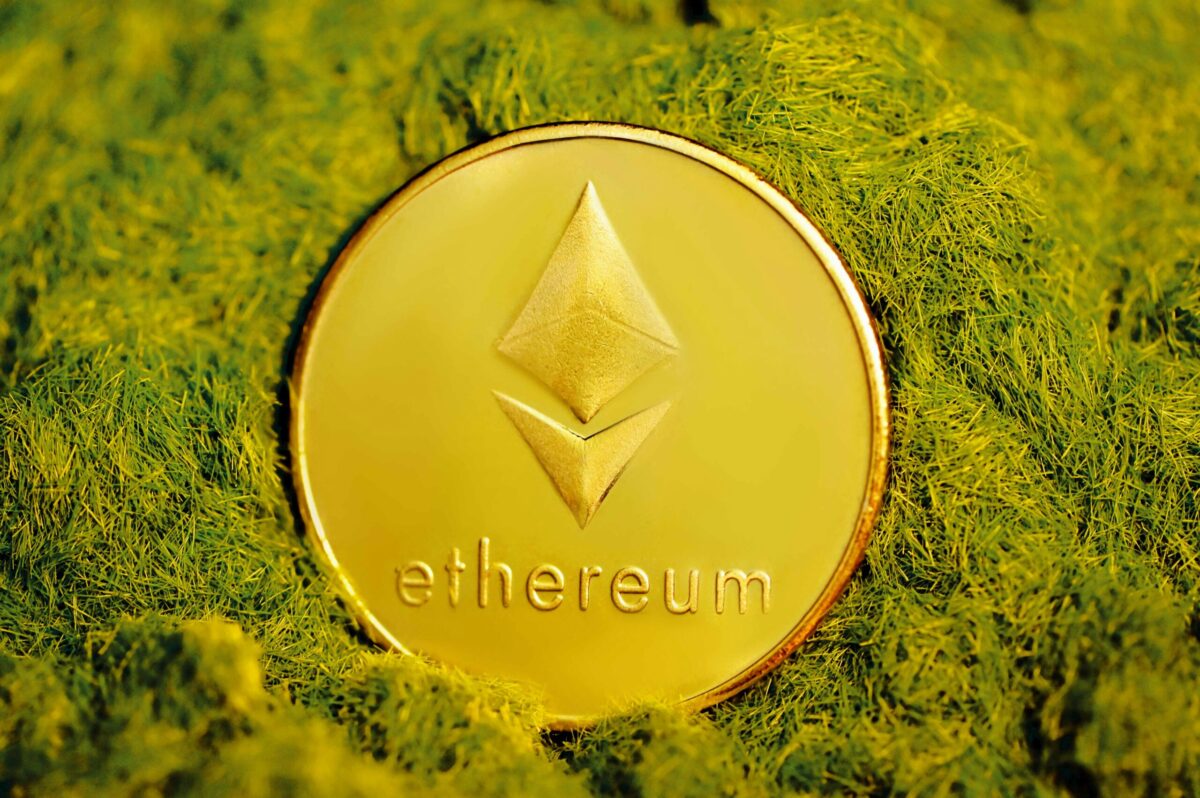Meta is launching a series of artificial intelligence chatbots as soon as next month, the Financial Times has reported today. Sources from the parent company of Facebook and Instagram said the chatbots would have a range of human-like personalities.
Each chatbot would take on a persona, representing different characters. A Meta insider said there were plans to launch an Abraham Lincoln persona and a surfer that gives travel advice.
The news follows Meta’s plan to focus on user retention and as OpenAI caught the tech industry off with its hugely successful ChatGPT product.
Prototypes for Meta’s response to ChatGPT are already underway. The products are said to hold conversations at human level for all of Meta’s roughly four billion users.
ChatGPT’s influence
ChatGPT has been hugely influential over the hype around AI and chatbots after its public-wide release in November 2022.
Facebook is not the only tech giant to launch a chatbot on the back of OpenAI’s success. Google was similarly caught off-guard and responded with its chatbot solution Bard that launched in March 2023.
Google said that Bard was a compliment to its search engine, rather than a replacement. Its utility is similar to ChatGPT. Users can have conversations with the chatbot, get it to write text, summarise articles and much more.
Like Google, Meta wants its new chatbots to accompany its existing products and improve the overall user experience.
But the new chatbots have raised fears over privacy and data collection, according to the Financial Times. The data could give the Facebook parent company a way to improve relevant adverts, which is responsible for most of Meta’s revenue.
Concerns have already been noted over chatbots’ role in data and privacy intrusion. A class action lawsuit has been opened against AI for allegedly stealing data.
Meta’s focus on user retention
User retention was noted as a key goal during Meta’s recent earnings call. CEO Mark Zuckerberg said on 26 July that the company was allocating major efforts to improving the metric.
The tech company recently launched its new product Threads. It’s a rival to X, formerly known as Twitter, where users can share short written posts. Zuckerberg said he is seeing more people return to the app than expected. But there are reports that less than half of signed-up users are using the app.
“We had a good quarter. We continue to see strong engagement across our apps and we have the most exciting roadmap I’ve seen in a while with Llama 2, Threads, Reels, new AI products in the pipeline,” Zuckerberg said.
Rival personality chatbots
The feature of different personalities sets Meta’s new chatbots apart from OpenAI and Google’s Bard. However, it is not an original concept.
Personality-based chatbots have been launched by a number of tech groups. Character.ai is one of them. It is an Andreesen Horowitz-backed tech start up that is valued at $1bn. Users can strike up conversations with different characters, including Elon Musk and Nintendo’s Mario.
Meanwhile, instead of building their own, other tech companies are incorporating ChatGPT into their products. Snapchat launched My AI in February, a friendly chatbot powered by the GPT technology.
“My AI can answer a burning trivia question, offer advice on the perfect gift for your BFF’s birthday, help plan a hiking trip for a long weekend or suggest what to make for dinner,” according to the Snapchat website.
Snapchat acknowledged that My AI could respond with “biased, incorrect, harmful, or misleading content”.
Similarly, misinformation and hateful content were found being shared by a previous chatbot released by Meta. Sources told the Financial Times that Meta will routinely check the new chatbot’s answers and users’ questions to avoid these problems this time round.


